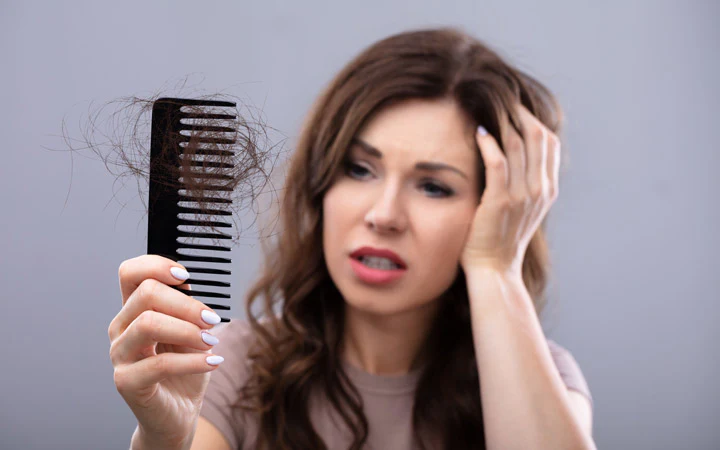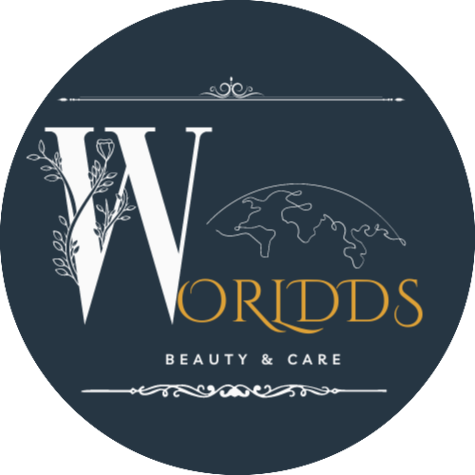Certainly! Hair loss can be distressing, but there are steps you can take to prevent it and promote healthy hair growth. Let’s dive into some tips for hair fall prevention:

Understanding Hair Fall
Before we get into the tips, let’s briefly discuss hair fall. Losing around 100 hairs per day is normal due to the natural growth cycle. However, if you’re experiencing more significant hair loss, it’s essential to explore the underlying causes. Here are 22 actionable tips to help you maintain healthy locks:
1. Mediterranean Diet
- Consider adopting a Mediterranean diet, which includes raw vegetables and fresh herbs. Research suggests that this diet may reduce the risk of androgenic alopecia (female pattern baldness or male pattern baldness) or slow its onset. Focus on consuming raw veggies and herbs like parsley, basil, and salad greens more than 3 days per week1.
2. Protein-Rich Diet
- Hair follicles are primarily composed of a protein called keratin. A study found that nutritional deficiencies, including amino acids (the building blocks of protein), were associated with hair loss. Incorporate protein-rich foods into your diet to support hair health1. Some healthy protein options include:

- Lean meats (chicken, turkey, fish)
- Eggs
- Legumes (beans, lentils)
- Nuts and seeds
- Greek yogurt
3. Avoid Hot Showers
- As tempting as steamy hot showers are, they can contribute to hair fall. Try to avoid excessively hot water, as it can weaken hair strands and lead to breakage2.
4. Scalp Massage
- Regular scalp massages can improve blood circulation to the hair follicles, promoting hair growth. Use gentle circular motions with your fingertips to stimulate the scalp.
5. Stay Hydrated

- Proper hydration is essential for overall health, including hair health. Drink plenty of water to keep your hair hydrated and prevent dryness.
6. Manage Stress
- Chronic stress can lead to hair loss. Practice stress-reducing techniques such as meditation, yoga, or deep breathing exercises.
7. Choose Gentle Hair Care Products
- for mild shampoos and conditioners that don’t contain harsh chemicals. Avoid excessive heat styling and tight hairstyles that pull on the hair.
8. Get Enough Sleep
- Quality sleep is crucial for hair growth and overall well-being. Aim for 7-9 hours of restful sleep each night.
9. Vitamin Supplements
- Consult with a healthcare professional about vitamin supplements that support hair health. Biotin, vitamin D, and iron are commonly recommended.
10. Protect Hair from Sun and Pollution
- UV rays and environmental pollutants can damage hair. Wear a hat or use protective products when exposed to the sun or pollution.
Remember that individual results may vary, and it’s essential to address any underlying health conditions. If you’re concerned about hair loss, consult a healthcare provider for personalized advice. 🌟
